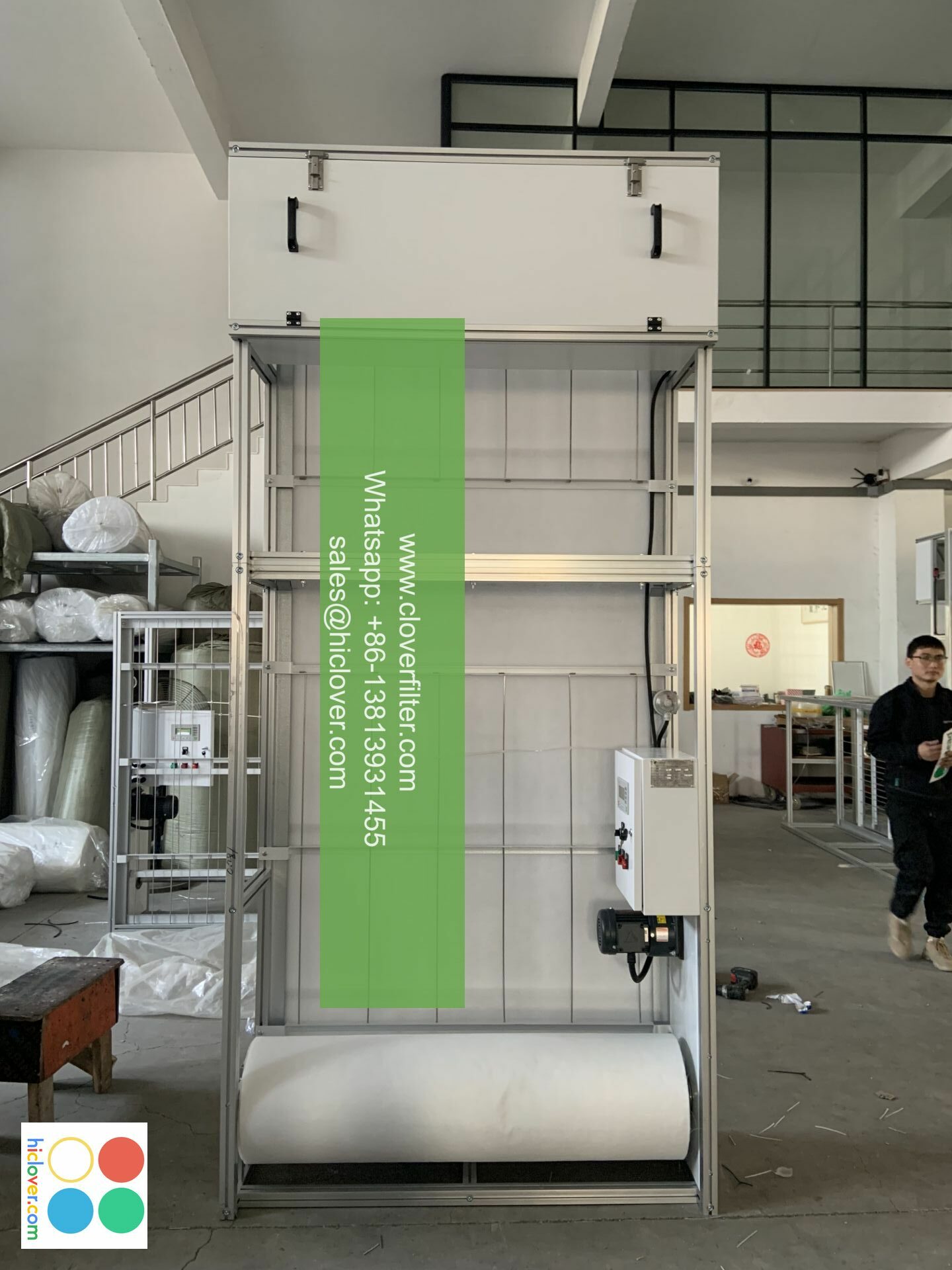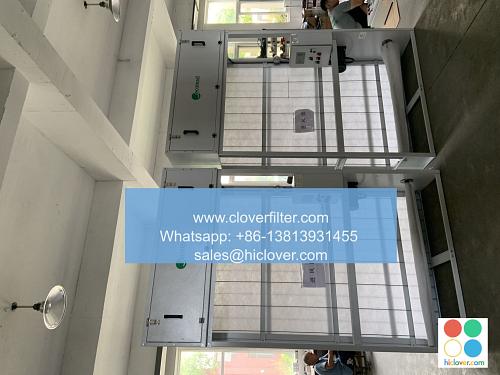The Role of Air Filtration in Food Safety: A Focus on Johnsonville’s Cleanrooms

Air filtration plays a crucial role in food safety, particularly in the production and processing of perishable goods. In this article, we will delve into the importance of air filtration in the food industry, with a special focus on Johnsonville’s cleanrooms, and explore the various heating, ventilation, and air conditioning (HVAC) systems and high-efficiency particulate air (HEPA) filters used to maintain a clean and safe environment.
Introduction to Air Filtration in Food Safety
The food industry is highly regulated, and companies must adhere to strict good manufacturing practices (GMPs) and hazard analysis and critical control points (HACCP) protocols to ensure the quality and safety of their products. Air filtration is a critical component of these protocols, as it helps to prevent the introduction of airborne contaminants, such as dust, pollen, and microorganisms, into the production environment. This is particularly important in food processing facilities, where the risk of contamination can have serious consequences for consumer health.
Johnsonville’s Cleanrooms: A Model for Air Filtration Excellence
Johnsonville, a leading manufacturer of sausage and other meat products, has implemented a robust air filtration system in its cleanrooms to ensure the highest level of food safety. The company’s cleanroom facilities are designed to maintain a controlled environment, with precise temperature and humidity controls, as well as advanced air filtration systems. These systems utilize ultra-low penetration air (ULPA) filters and HEPA filters to capture 99.97% of particles as small as 0.3 microns, including bacteria, viruses, and other microorganisms.
Application Areas for Air Filtration in Food Safety
Air filtration is essential in various areas of food production, including:
* Food processing facilities: Air filtration helps to prevent contamination and ensure the quality of perishable goods.
* Meat and poultry processing: Advanced air filtration systems are used to control the spread of foodborne pathogens, such as Salmonella and E. coli.
* Bakery and dairy production: Air filtration helps to prevent the introduction of airborne contaminants, such as dust and pollen, into the production environment.
* Pharmaceutical and nutraceutical production: Air filtration is critical in these industries, where the risk of contamination can have serious consequences for consumer health.
Benefits of Air Filtration in Food Safety
The benefits of air filtration in food safety are numerous, including:
* Reduced risk of contamination: Air filtration helps to prevent the introduction of airborne contaminants into the production environment.
* Improved product quality: By maintaining a clean and controlled environment, air filtration helps to ensure the quality and safety of perishable goods.
* Increased efficiency: Advanced air filtration systems can help to reduce energy costs and improve the overall efficiency of food production facilities.
* Regulatory compliance: Air filtration is essential for complying with strict GMPs and HACCP protocols in the food industry.
Conclusion
In conclusion, air filtration plays a critical role in food safety, particularly in the production and processing of perishable goods. Johnsonville’s cleanrooms are a model for air filtration excellence, utilizing advanced HVAC systems and HEPA filters to maintain a clean and safe environment. By understanding the importance of air filtration in food safety, companies can take steps to improve their production facilities and ensure the quality and safety of their products. Whether it’s food processing facilities, meat and poultry processing, bakery and dairy production, or pharmaceutical and nutraceutical production, air filtration is essential for maintaining a clean and controlled environment.

